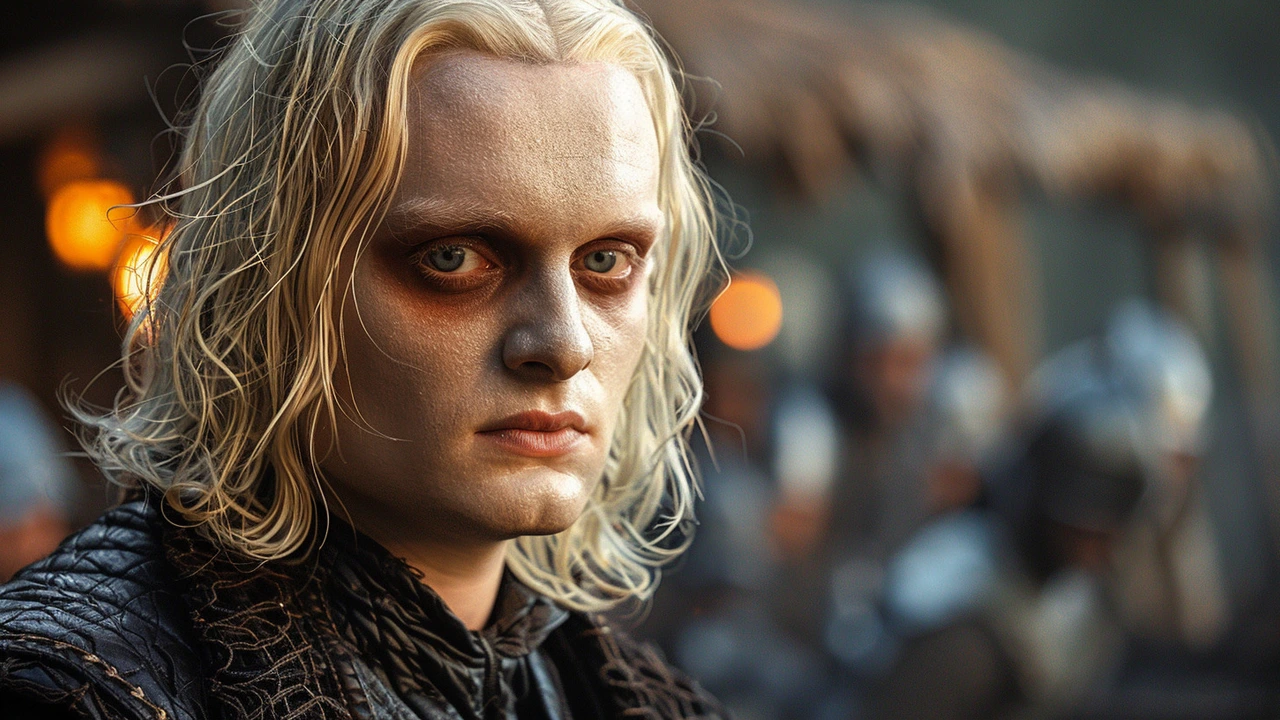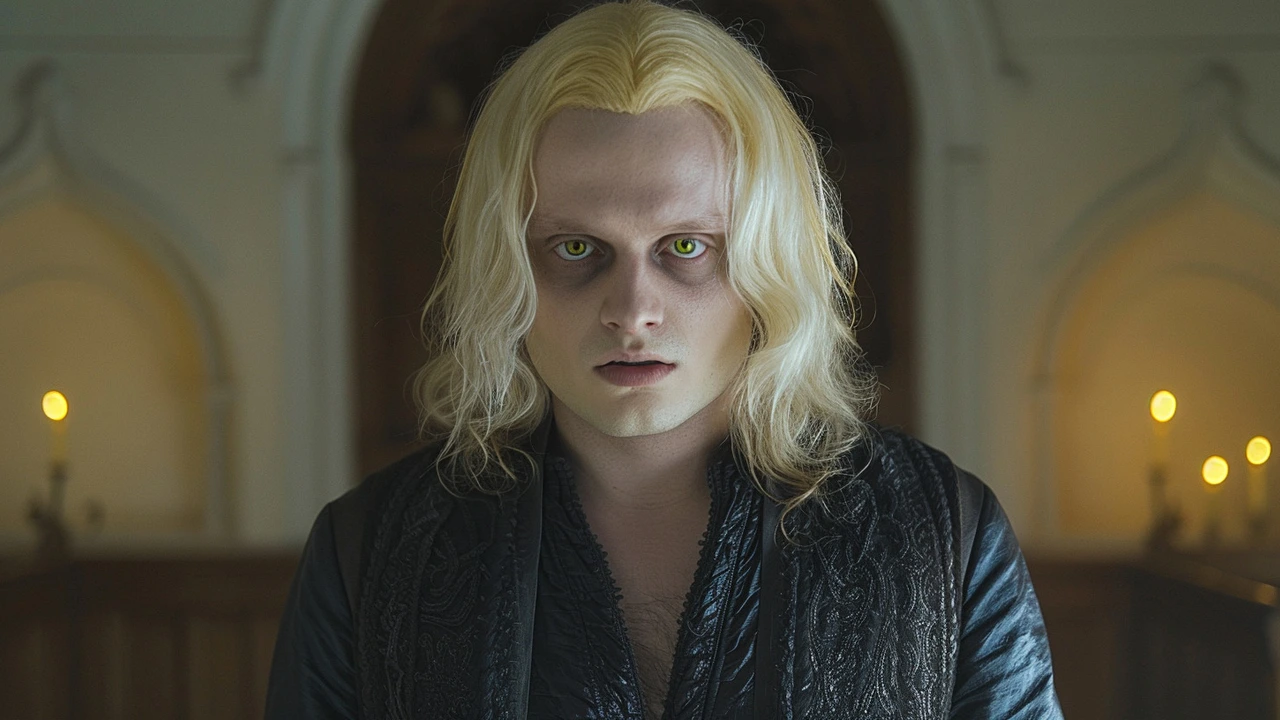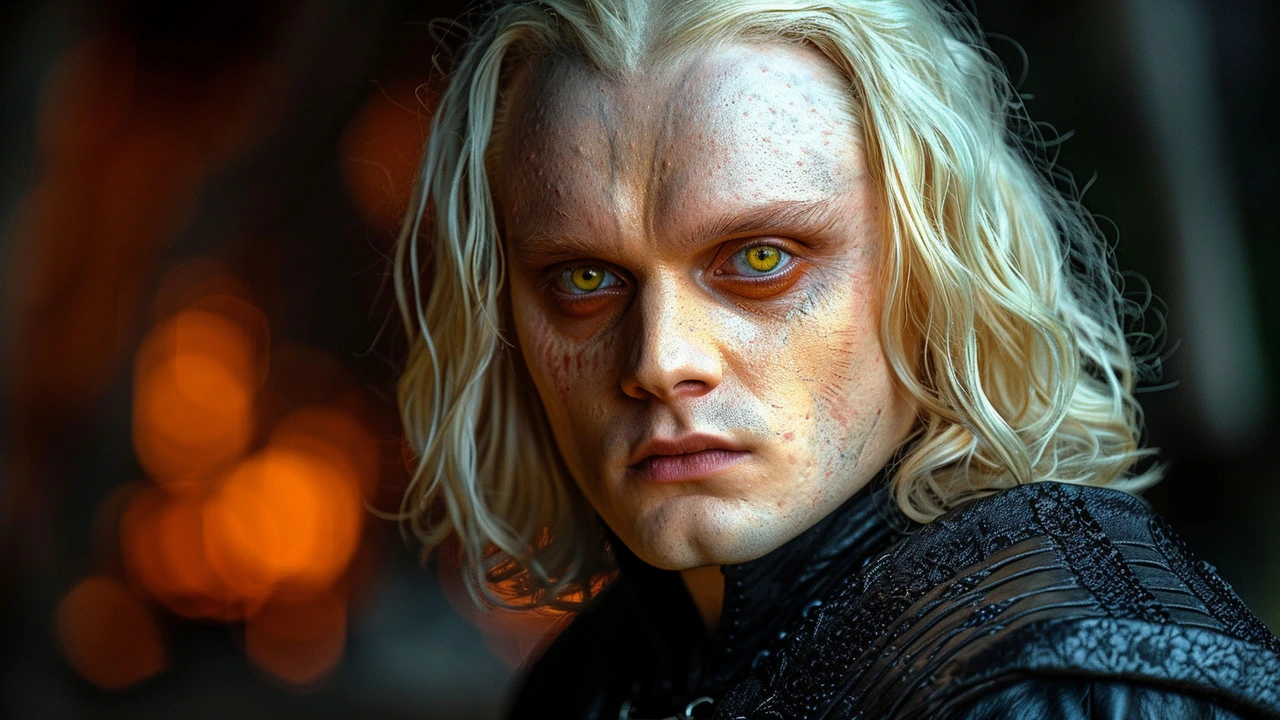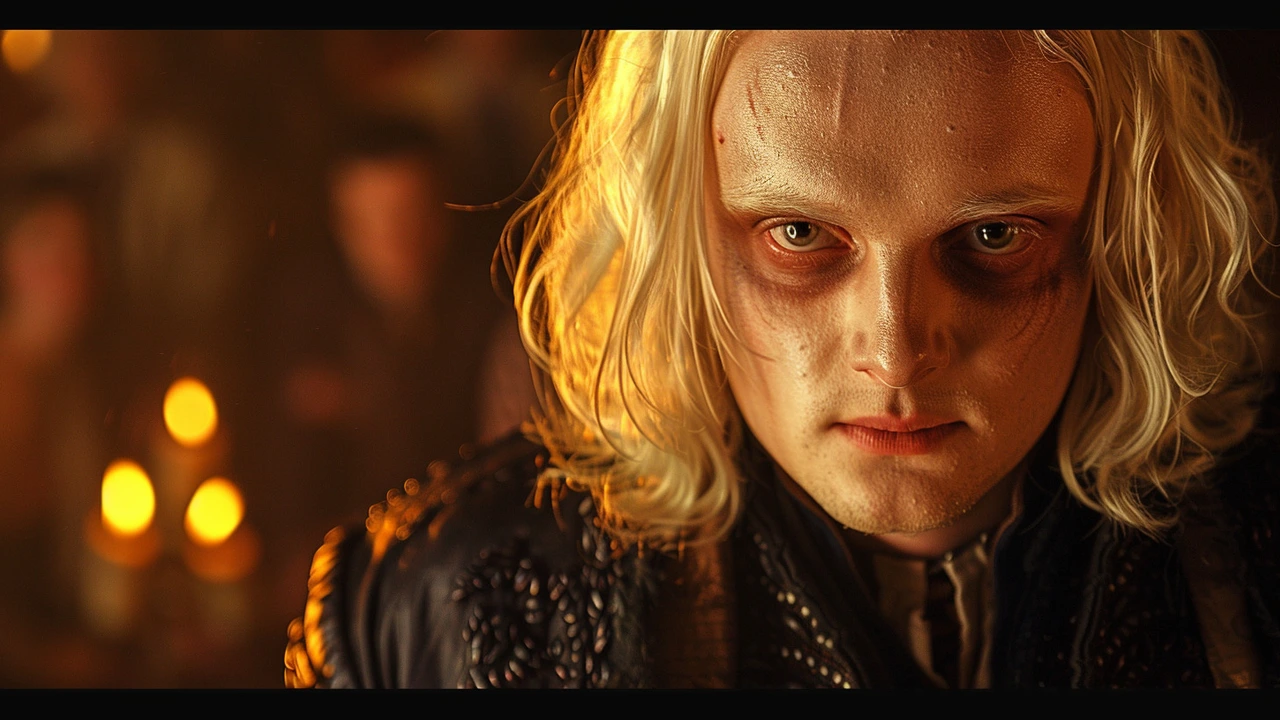Season 2's Shifting Sands
As HBO’s 'House of the Dragon' returns for its second season, it brings with it heightened stakes and even more dragons. However, there’s a growing sentiment that it may not live up to the grandeur of its predecessor, 'Game of Thrones.' One of the most distinguished aspects of 'Game of Thrones' was its multifaceted character development. Fans will remember the notorious scene where Stannis Baratheon sacrifices his daughter Shireen, an act that was as heart-wrenching as it was horrifying. This narrative choice wasn’t just a shock tactic; it was the culmination of Stannis’s tragic journey, shaped by desperation and misguided ambition.
In contrast, 'House of the Dragon' appears to prioritize spectacle over soul. The characters, many critics argue, seem less dimensional. Their actions, primarily driven by survival and power, lack the intricate motivations and emotional depth that endeared 'Game of Thrones' characters to audiences. This decision to foreground plot over character journey presents a critical difference that could influence audience engagement.

Visual Marvels and Missing Dialogue
Visually, the series continues to impress with its grandiose set designs and majestic dragons, which only get better with each episode. The special effects department deserves significant applause for bringing these mythical creatures to life, instilling a sense of awe and fear. The retention of the cast adds stability, offering familiar faces that help maintain continuity. Yet, the dialogue often falls flat, coming across as bland and failing to deliver the same punchy conversations that made previous seasons so engaging.
The series does make an effort to explore the perspectives of the smallfolk, the common people who exist outside the highborn clashes of nobility. Adding this layer offers a richer tapestry of the world, providing a sense of grounded realism amidst the fantasy. However, this expansion comes at a cost. The core characters’ arcs appear underdeveloped, often feeling like mere chess pieces being moved to serve the larger narrative.
Daemon's Elusive Motives
One of the most compelling yet underexplored characters in 'House of the Dragon' is Daemon. His enigmatic nature and complex relationships could be a goldmine for narrative exploration. Unfortunately, his motivations remain largely in the shadows, an oversight that impacts the show’s emotional resonance. A character of such potential significance deserves a story arc that delves deeper into his psyche, unraveling the layers that make him tick. The decision to keep Daemon's character relatively opaque may be an attempt to keep viewers guessing, but it risks turning a fascinating character into a mere plot device.

The Clash of Priorities
'House of the Dragon' seems to be torn between two goals: delivering high-stakes political drama and crafting meaningful character arcs. This tension is palpable and somewhat disorienting. While the plot is undoubtedly gripping with its power struggles and dramatic twists, the emotional investment that viewers once felt is harder to achieve. The dialogue, often stilted and heavy-handed, doesn’t help. It lacks the wit and sharpness that characterized 'Game of Thrones,' making it difficult for the audience to connect on a deeper level.
Despite these flaws, 'House of the Dragon' isn’t without its merits. The drama is intense, and the spectacle is unparalleled. It’s a show that demands attention, even if it doesn’t always reward it in the ways one might hope. The performances, particularly by returning members of the cast, are strong. They bring a necessary gravitas to their roles, making the most of the material they’re given. However, the strong focus on plot over character development means these performances can sometimes feel like they’re happening in a vacuum.

A Grueling March Toward Conflict
As the second season progresses, the narrative momentum builds towards an inevitable conflict. The stakes are high, and the drama is palpable. Yet, this march toward conflict often feels more like a slog than an exhilarating journey. The lack of substantial character development makes each plot twist feel less impactful, as viewers may find it challenging to care deeply about the fates of the characters.
In conclusion, 'House of the Dragon' Season 2 is a visual feast with compelling drama. However, its shortcomings in character depth and emotional arcs make it a challenging watch. While it succeeds in many areas, it ultimately falls short in creating the compelling, multifaceted characters that made 'Game of Thrones' a cultural phenomenon. It remains to be seen whether future seasons will address these issues, offering a more balanced approach that marries plot with character in a way that fully engages viewers’ hearts and minds.


Chand Shahzad
House of the Dragon's visual spectacle is undeniable; the dragons dominate every frame, and the set design pushes the production value to new heights. The battle sequences are choreographed with a precision that keeps viewers on edge. While the plot accelerates, the series still manages to deliver moments that energize the audience. The crew's commitment to practical effects, combined with cutting‑edge CGI, creates an immersive experience that deserves praise. However, the emphasis on grandeur should not eclipse the need for strong character foundations.